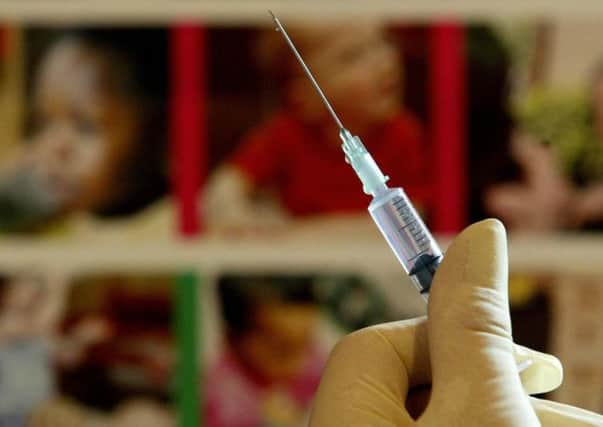Medical tourists ignorant of health and financial risks, report warns


Research led by York University concluded that many people are embarking on medical tourism without understanding the risks.
Risks include a lack of redress in many countries should things go wrong, and the costs of non-emergency care in Britain to rectify poor outcomes of treatments received overseas
Advertisement
Hide AdAdvertisement
Hide AdThe researchers discovered that many people are unaware that under current NHS rules, individuals may be personally liable for these costs.
The study looked at the effects on the NHS of British nationals going abroad for services including dentistry, bariatric (weight-loss) surgery, fertility services and cosmetic surgery.
At least 63,000 UK residents travel abroad for medical treatment each year.
Dr Neil Lunt, of York University Department of Social Policy and Social Work, said: “We found that many people are embarking on medical tourism with insufficient information and advice, with consequences ranging from troublesome to catastrophic.
Advertisement
Hide AdAdvertisement
Hide Ad“A sample of patients revealed that while some patients had minor or no problems following treatment abroad, others faced severe health problems which in some cases were exacerbated by an inability to ensure continuity of care or obtain patient records to address patients’ needs.”
The researchers concluded that GPs need support and training to enable them to advise patients not only on the broad consequences of medical tourism, but also the implications of specific forms of treatments which may present particular concerns.
Weight-loss surgery and fertility treatment are highlighted as particular areas of concern.
Several patients reported problems with their gastric bands, including one who was hospitalised for two years following a life-threatening complication with a gastric bypass.
Advertisement
Hide AdAdvertisement
Hide AdThe patient told researchers: “Two years down the line and I’m still not 100 per cent. I’m still on morphine every day and I’m still underweight.
“So I still have long-term problems - I don’t know if that will ever be sorted out.”
The patient was unable to afford follow-up visits to the original surgeon.
The report recommended that more advice is provided to potential medical tourists. This needs to be packaged and disseminated so it will reach those who may not consult their GP or a specialist website before travelling.
Advertisement
Hide AdAdvertisement
Hide AdThe researchers found that would-be medical tourists often consulted the internet or friends and did not pay attention to hard, clinical information.
Dr Daniel Horsfall, from York University’s Department of Social Policy and Social Work, said: “We found that people travelling abroad for medical treatment are often ill-informed or under-informed and this heightens the risks associated with medical travel. For example, we found individuals willing to travel for treatments to locations that are not regulated by national laws and guidelines.”
Professor Mark Exworthy, of Birmingham University, said: “The rise of ‘medical tourism’ presents new opportunities and challenges in terms of treatment options for patients and health policymakers in all countries. This study helps clarify the scale and nature of these challenges for the UK.”